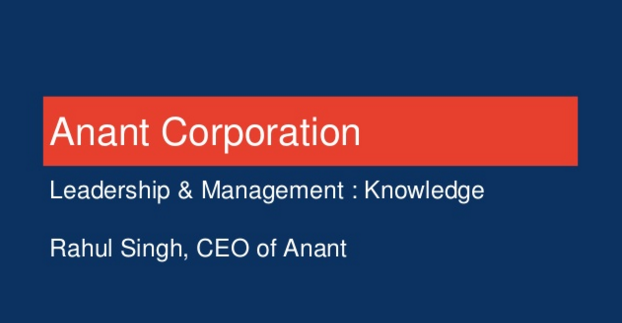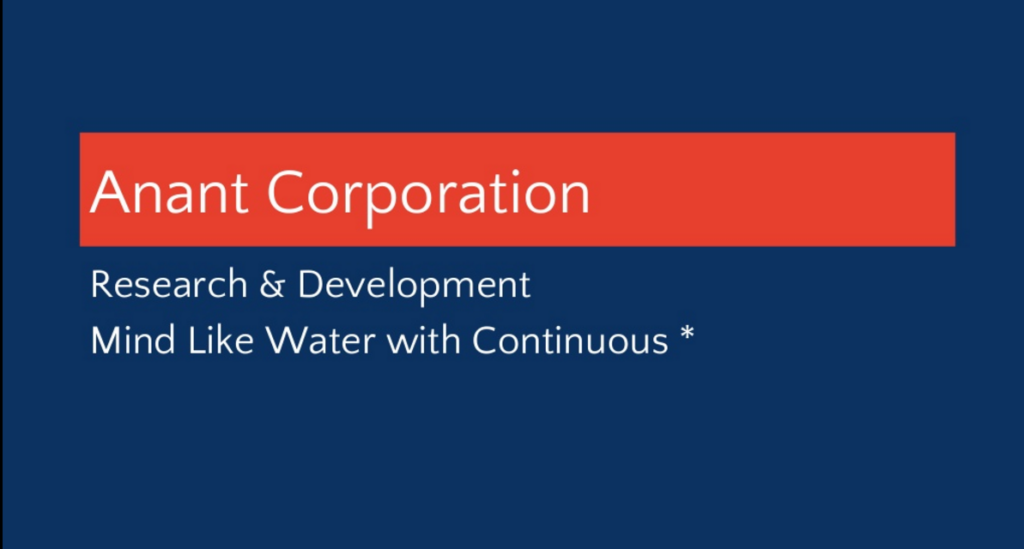In a world where data is king, managing and processing this data becomes crucial. Among the tools available to help with this task, Delta Lake stands out due to its open-format storage layer that brings reliability to data lakes. This post will dive deep into Delta Lake’s Open Service Ecosystem.
Delta Lake: A Brief Overview
Delta Lake provides ACID transactions, scalable metadata handling, and unifies streaming and batch data processing. It runs on top of your existing data lake and is fully compatible with Apache Spark APIs.
Top 5 Open Source Tools and Integrations with Delta Lake
1. Apache Spark:
- Purpose and Use Case: Apache Spark is a unified analytics engine for large-scale data processing.
- Supported Platforms and Integration: As Delta Lake is built on top of Spark, the integration is seamless, enabling robust data analytics capabilities.
- Ease of Use and Learning: Given their integration, learning Apache Spark greatly facilitates using Delta Lake.
- Scalability and Extensibility: Both are highly scalable, managing large datasets with ease.
2. Apache Hadoop:
- Purpose and Use Case: Hadoop offers a software framework for distributed storage and processing of big data using the MapReduce programming model.
- Supported Platforms and Integration: Delta Lake can be deployed on Hadoop Distributed File System (HDFS), enhancing Hadoop’s data reliability.
- Ease of Use and Learning: Both have a learning curve, but numerous resources exist to help.
- Scalability and Extensibility: They’re designed to be highly scalable and handle data across clusters of computers.
3. Databricks:
- Purpose and Use Case: Databricks provides a unified analytics platform that accelerates innovation by unifying data science, engineering, and business.
- Supported Platforms and Integration: Databricks, the original creator of Delta Lake, offers seamless integration, ensuring a smooth user experience.
- Ease of Use and Learning: Databricks and Delta Lake’s close relation makes learning and usage easier.
- Scalability and Extensibility: Both are designed to scale to meet business needs, handling large data workloads.
4. AWS S3:
- Purpose and Use Case: AWS S3 provides scalable, secure object storage for data archiving, backup and recovery, and more.
- Supported Platforms and Integration: Delta Lake can run on top of data stored in S3, enhancing its reliability.
- Ease of Use and Learning: While AWS has a learning curve, its integration with Delta Lake is relatively straightforward.
- Scalability and Extensibility: AWS S3’s vast scalability complements Delta Lake’s capabilities well.
5. Azure Data Lake Storage:
- Purpose and Use Case: Azure Data Lake Storage provides scalable, secure data lake functionality built on Azure Blob Storage.
- Supported Platforms and Integration: Delta Lake can run on Azure Data Lake, providing ACID transactions and enhanced reliability.
- Ease of Use and Learning: As with AWS, Azure has a learning curve, but its integration with Delta Lake is intuitive.
- Scalability and Extensibility: Azure’s massive scalability aligns well with Delta Lake’s capabilities.
Conclusion: Better Together or Standalone?
These tools, when used in combination with Delta Lake, form a powerful ecosystem that enhances each tool’s unique strengths. They offer comprehensive solutions to tackle big data challenges, ensuring reliable and efficient data management.
To sum up, integrating Delta Lake with Apache Spark, Apache Hadoop, Databricks, AWS S3, and Azure Data Lake Storage can help in creating a highly reliable and scalable data lake ecosystem.
At Anant, we help businesses modernize and maintain their data platforms. Our team of experts can guide you in navigating Delta Lake’s Open Service Ecosystem to help you meet your business needs. Reach out to us today to learn more about transforming your data operations.
Photo by Aaron Burden on Unsplash




